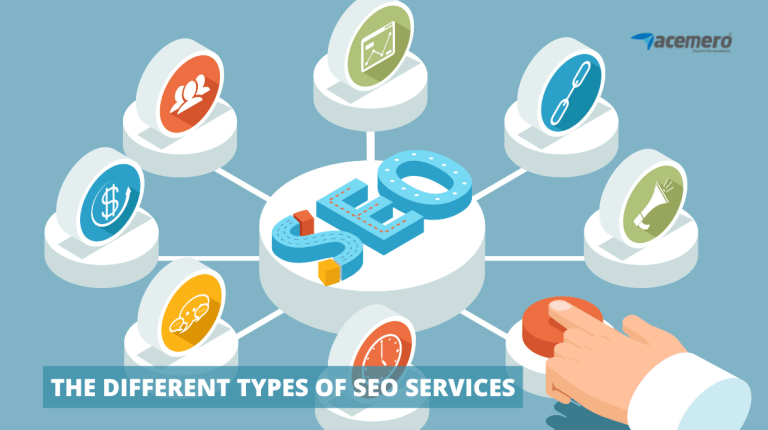In the ever-changing and fast-moving world of digital marketing, brand storytelling carves out a niche for itself by building bridges between brands and customers.
In today’s digital-oriented world, people tend to feel the absence of human relations which leads them to attach importance to sentimental elements. By using brand storytelling, brands create a connection between their customers and get the chance to introduce their products. But how does that connection is established and what exactly is brand storytelling?
What Is Brand Storytelling?
Table of Contents
While the wide usage of the term brand storytelling in the marketing industry sometimes leads to confusion, its meaning is quite simple and literal. By using narrative, brands share their values and the important milestones of their journey with their customers. This exchange creates a connection between the brands and their customers, which strengthens the commitment between the two parties.
When executed properly, brand storytelling enhances the brands’ impact and profit as well as their recognition. In such a crowded marketplace, brand storytelling gives brands a chance to stand out and make a memorable first impression on customers.
The Importance of Brand Storytelling


Via brand storytelling, brands can reach out to their customers and give them insight into their business and the value of their products. Since the marketplace is more competitive and crowded than ever, proper and outstanding publicity will help brands connect with their customers on a trust-based level. By brand storytelling, businesses use their story as a marketing strategy, which helps customers to be a part of the brand’s community and businesses to connect with prospect buyers. Through this connection, brands get the chance to identify their target customers and get their attention with the help of their shared values.
Substantial Factors of Brand Storytelling
In brand storytelling, there are some crucial points every brand should consider before taking any action. Outlining a few baseline facts about their businesses before beginning is a great start for brands that are new to brand storytelling. Defining the company’s vision and history will make a remarkable start and give the customers a chance to learn about the values of the brand and its mission. Following the history of the brand with the introduction of their products or services, brands can now describe their products or services in detail.
At this point, it is of great importance for brands to add some anecdotes and share the interactions providing that product creates. These anecdotes and the stories of the interactions can be used to reflect the difficult parts of the company’s journey, creating a sentimental bond with the customers.
Giving examples of who does the brand help with their service or product and sharing customer success stories is another significant factor of brand storytelling in terms of guiding the target audience. Giving insight into the development and creation process of the product is also a substantial factor of storytelling that helps customers to understand the value of the product. Finishing off, explaining the future of the product and the company in general makes a great end to the story as well as informing the customers about upcoming events and products.
Successful Brand Storytelling Examples
Spotify’s original stories can be shown as one of the most successful examples of brand storytelling, differentiating the brand from others in the most fun and customer-oriented way. By collecting data about their users’ choices, Spotify creates original content for their Insights blog and provides unique stories as well as reflecting the company’s values.
Airbnb’s animated video for New Year’s 2015 takes its place as another remarkable example of effective brand storytelling. In the video, the company announced the number of travelers who chose Airbnb in 2015 and highlighted the most popular Airbnb choices. By telling the story of their company and sharing successful customer stories, Airbnb set a great example of brand storytelling.
When told effectually, stories can create a massive impact on the audience. Brand storytelling helps brands connect with their customers on a deeper level and create long-dated bonds.
It is a perfect way to bring human values back into the marketing world as well as creating important opportunities for brands. In a digital-oriented world like this, sentimental values can go a long way and brand storytelling holds the key to successful and valued customer relationships.






